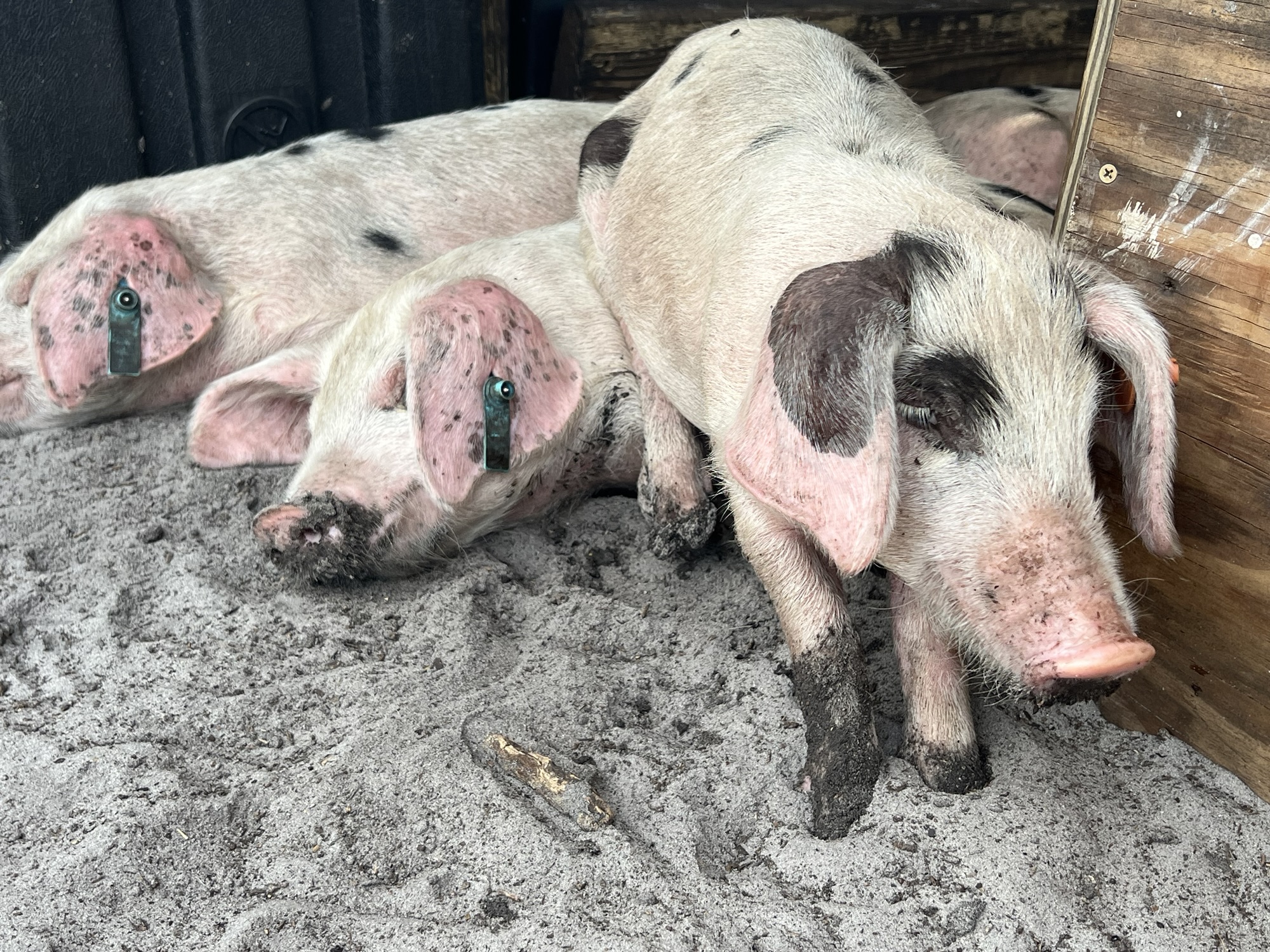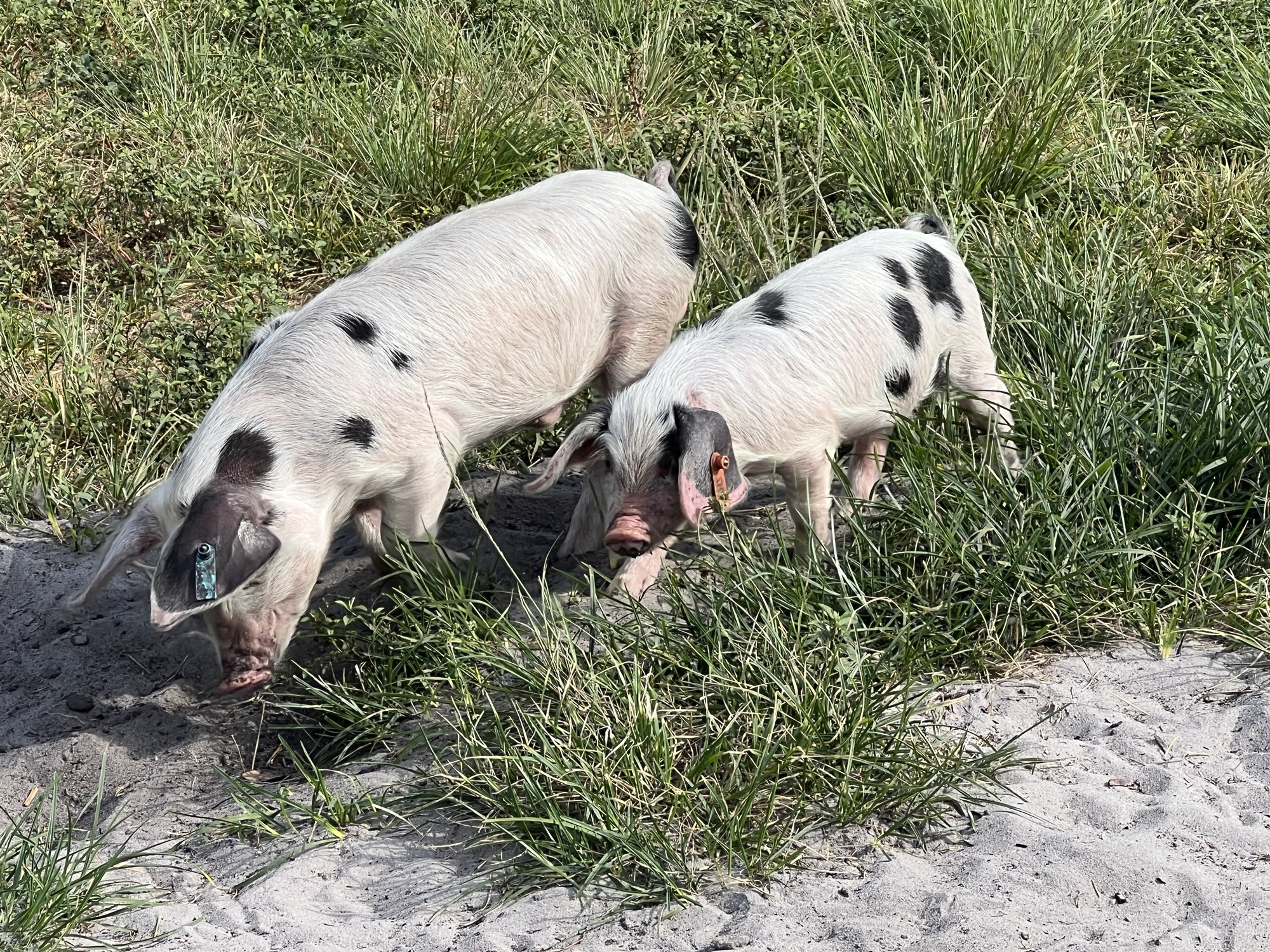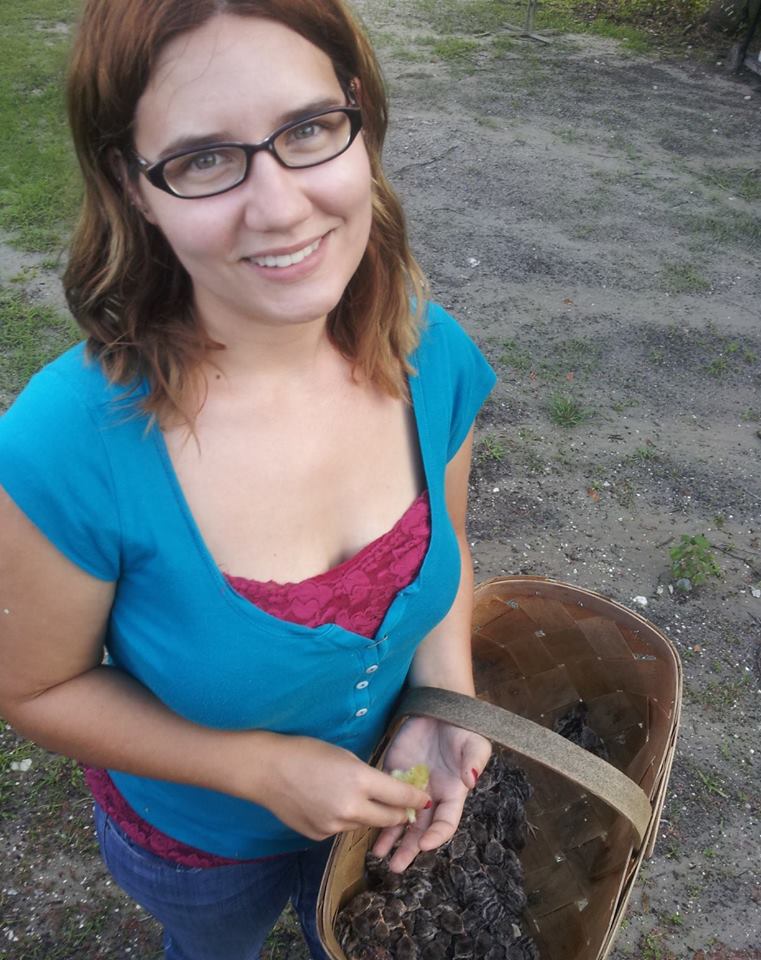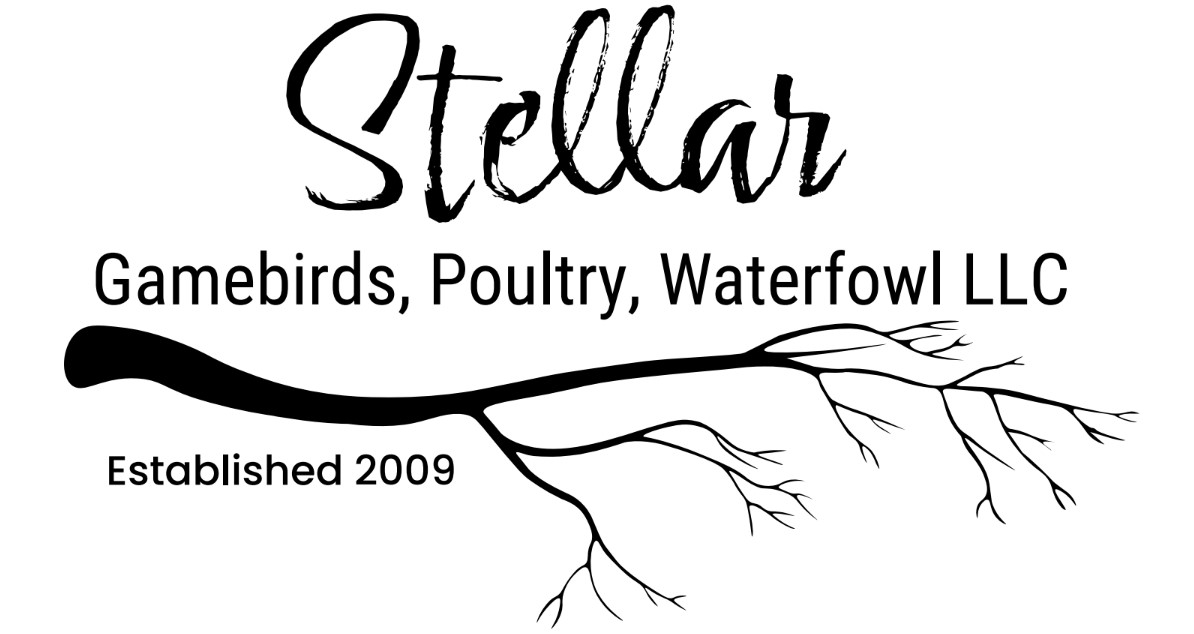In an era where sustainability and animal welfare are at the forefront of agricultural practices, pasture raising Gloucestershire Old Spots (GOS) pigs offers a harmonious blend of tradition and modern farming. Known as the “orchard pig,” this heritage breed is perfectly suited for pasture-based systems, where they can thrive naturally while contributing to the production of premium, flavorful pork. For farmers and smallholders looking to embrace sustainable farming, raising GOS pigs on pasture is both a rewarding and environmentally friendly choice.
The Heritage of the Gloucestershire Old Spots
Gloucestershire Old Spots pigs have a storied history that dates back to the orchards and small farms of Gloucestershire, England. Historically, these pigs were prized for their ability to forage on fallen fruit and other natural resources, which contributed to their reputation as excellent foragers with a calm and docile temperament. Today, these same qualities make GOS pigs ideal candidates for pasture raising, where they can roam freely, express natural behaviors, and maintain the robust health that comes from a varied diet and active lifestyle.
The Benefits of Pasture Raising GOS Pigs
Superior Meat Quality
One of the most compelling reasons to raise Gloucestershire Old Spots pigs on pasture is the superior quality of the meat they produce. Pigs that are allowed to forage and graze freely tend to develop better muscle tone and more intramuscular fat, resulting in pork that is richly marbled, tender, and full of flavor. The diverse diet available on pasture contributes to a unique taste profile that is often described as sweet and nutty, with a depth of flavor that is hard to find in conventionally raised pork.
Natural Foraging Abilities
GOS pigs are natural foragers, a trait that is deeply ingrained in their genetic makeup. When raised on pasture, they spend their days rooting for plants, insects, and other food sources, which not only provides them with essential nutrients but also keeps them mentally stimulated and physically fit. This foraging behavior mimics their ancestral lifestyle, promoting overall health and reducing the need for expensive commercial feeds.
Enhanced Animal Welfare
Pasture raising allows GOS pigs to live in an environment that closely resembles their natural habitat. With ample space to roam, root, and socialize, these pigs can express their natural behaviors, leading to lower stress levels and better overall well-being. The freedom to explore and interact with their surroundings not only improves their quality of life but also contributes to healthier, more resilient animals.
Environmental Sustainability
Pasture-based farming systems are inherently more sustainable than conventional confinement operations. By rotating pastures and allowing the land to rest and regenerate, farmers can maintain healthy soil, reduce the risk of overgrazing, and promote biodiversity. GOS pigs, with their gentle grazing habits, play a role in this regenerative process, helping to aerate the soil and encourage the growth of healthy vegetation. This approach aligns with the principles of sustainable agriculture, where the health of the land and the animals are prioritized.
Setting Up a Pasture System for GOS Pigs
Rotational Grazing
Implementing a rotational grazing system is key to the success of pasture raising Gloucestershire Old Spots pigs. This involves dividing the pasture into smaller sections and moving the pigs periodically to fresh grazing areas. Rotational grazing prevents overgrazing, reduces parasite loads, and allows the pasture to recover, ensuring a continuous supply of fresh forage for the pigs.
Adequate Shelter and Fencing
While GOS pigs are hardy animals, they still require shelter to protect them from harsh weather conditions. Portable shelters or huts can be moved along with the pigs as they rotate through pastures, providing them with a safe and comfortable resting place. In addition, secure fencing is essential to keep the pigs contained and safe from predators. Electric fencing is often recommended, as it provides an effective barrier without the need for heavy, permanent structures.
Water and Supplementary Feeding
Access to fresh, clean water is crucial, particularly in a pasture setting where pigs are active and exposed to the elements. Portable waterers or automatic water systems should be provided in each grazing area. While GOS pigs can obtain much of their nutrition from foraging, supplementary feeding with grains or commercial pig feed may be necessary to meet their full dietary needs, especially during times of low pasture availability.
Health and Wellness on Pasture
Parasite Management
Raising pigs on pasture exposes them to parasites that can affect their health if not properly managed. Rotational grazing helps mitigate this risk by breaking the parasite life cycle, but regular deworming and monitoring are also essential. Working with a veterinarian to develop a parasite management plan tailored to your farm’s conditions will help keep your pigs healthy and thriving.
Routine Health Checks
Regular health checks are a critical component of pig management, whether on pasture or in confinement. Their overall condition should be monitored regularly. This includes checking for signs of illness, injury, or weight loss, and ensuring that any health issues are addressed promptly.
Farrowing on Pasture
Farrowing (the process of giving birth) can be successfully managed on pasture with the right preparation. Providing sows with a clean, sheltered area to farrow and ensuring that piglets have access to warmth and protection from predators is essential. GOS sows are known for their strong maternal instincts and typically manage well with minimal intervention, but monitoring during farrowing is still important to ensure the health of both the sow and her piglets.
The Future of Sustainable Pig Farming
As interest in sustainable farming continues to grow, the Gloucestershire Old Spots pig represents a model for how heritage breeds can thrive in modern agricultural systems. By raising these pigs on pasture, farmers can produce high-quality pork while supporting animal welfare and environmental health. The return to pasture-based farming practices not only preserves the rich history of the GOS pig but also points the way forward for a more sustainable and ethical approach to food production.
Pasture raising Gloucestershire Old Spots pigs offers a multitude of benefits, from the production of superior meat to the promotion of sustainable farming practices. With their natural foraging abilities, gentle temperament, and adaptability to outdoor environments, GOS pigs are ideally suited to pasture-based systems. By embracing this traditional yet forward-thinking approach to pig farming, you can contribute to the preservation of this remarkable breed and enjoy the rewards of producing high-quality, ethically raised pork.









